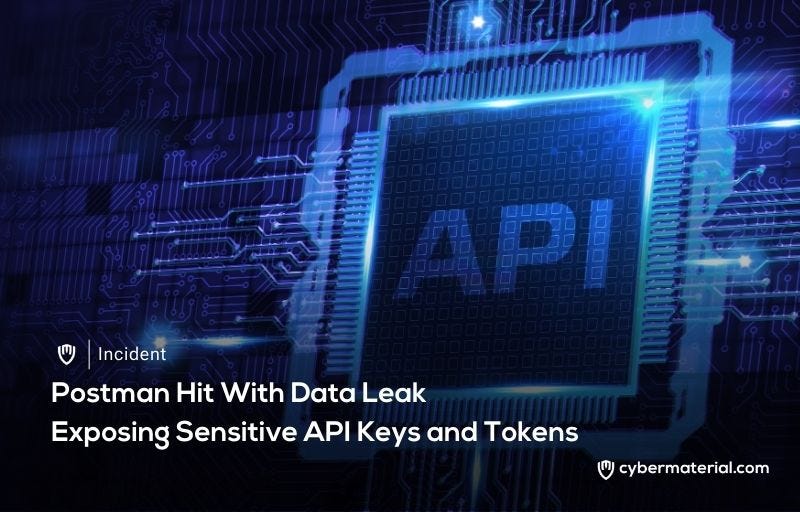
Postman, a widely used API development and testing platform, recently found itself at the center of a significant security incident. Researchers from organizations such as Assetnote and CybelAngel di…

Postman, a widely used API development and testing platform, recently found itself at the center of a significant security incident. Researchers from organizations such as Assetnote and CybelAngel di…